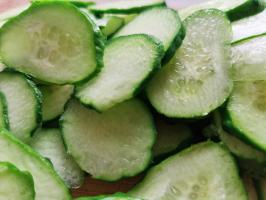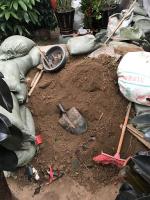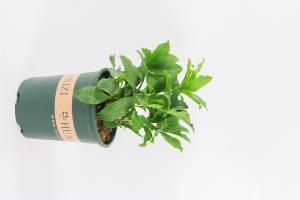Can You Water Weed Plants with Tap Water?
When it comes to growing weed, one of the primary concerns is ensuring that the plants get the right nutrients and water for optimal growth. While the water source is often disregarded as an insignificant factor, using tap water can have a significant impact on the growth and potency of your weed plants.
The Pros of Using Tap Water for Weed Plants
Using tap water for weed plants is convenient, and it’s readily available. Moreover, tap water often contains essential minerals like calcium, magnesium, and potassium that are good for plant growth. These nutrients can improve the taste, yield, and potency of your weed plants.
Additionally, municipalities often treat tap water with chlorine or chloramine to prevent the growth of bacteria and other microorganisms that can cause diseases. This is good news for weed plants since chlorinated water can help prevent the formation of mold and mildew, which can damage the plants.
The Cons of Using Tap Water for Weed Plants
While tap water can be a good source of nutrients, there are some cons to using it for weed plants. Firstly, most tap water contains chlorine or chloramine, which can be toxic to beneficial microorganisms in the soil. This can affect the soil’s microbe population, which in turn affects the plant’s ability to absorb nutrients.
Secondly, tap water often has a high pH level, which can throw off the pH balance of the soil. The pH level of soil should be between 6.0 and 7.0, and using tap water with a high pH level can lead to nutrient deficiency, slow growth, and poor yield.
The Alternatives to Using Tap Water for Weed Plants
If you want to avoid the potential downsides of using tap water for weed plants, there are some alternatives that you can consider. Firstly, you can use un-chlorinated water like rainwater, which is free of chlorine and chloramine. Moreover, you can use filtered water that has been specifically designed for plants.
A water filtration system reduces the concentration of impurities in the water, including chlorine, chloramine, fluoride, and other contaminants that can harm weed plants. Using such water creates an ideal environment for plants to grow faster, yield more, and produce potentially more potent buds.
In Conclusion
Thus, as we have seen, tap water is a convenient and readily available option for watering your weed plants. However, you need to weigh the pros and cons before using it. If you decide to use tap water, you need to ensure that it has a low pH level and is free of chlorine or chloramine. Alternatively, you can consider using rainwater or filtered water, since these have fewer impurities and are better suited for weed plants.

 how many times do yo...
how many times do yo... how many planted tre...
how many planted tre... how many pine trees ...
how many pine trees ... how many pecan trees...
how many pecan trees... how many plants comp...
how many plants comp... how many plants can ...
how many plants can ... how many plants and ...
how many plants and ... how many pepper plan...
how many pepper plan...































